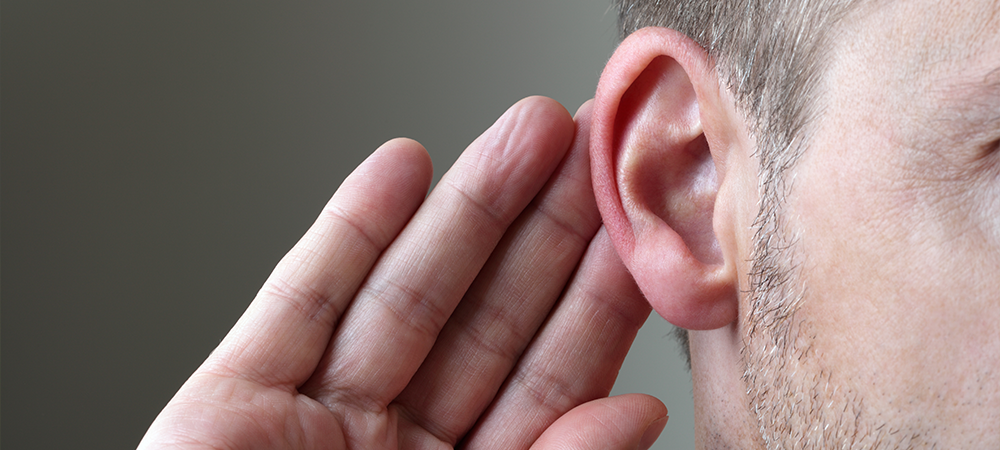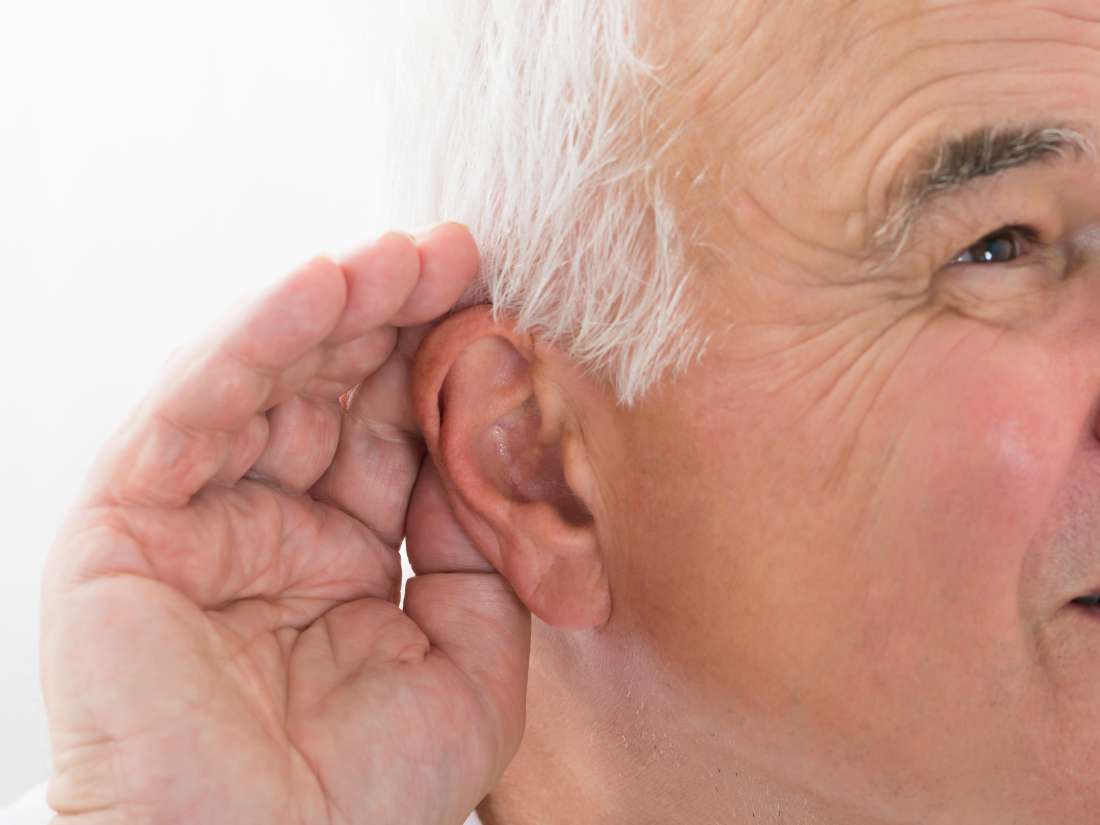Hearing loss can be triggered by loud noises or infections, but for most, hearing loss is gradual, age-related and only noticeable as it progresses. Fortunately, impaired hearing can be improved, or even fully corrected, with the use of a hearing aid.
First Signs of Hearing Loss
Hearing loss rarely occurs all of a sudden. It usually develops gradually, over a long period of time – and is therefore imperceptible at first. This is because those affected gradually get used to the onset of hearing loss. Because the brain can compensate for the hearing deficiencies for a long time, there are few disadvantages in everyday life during the first phase.
But from a certain point, hearing loss can no longer be readily compensated for. Often, this is noticed by family and friends of the affected person long before they themselves realize they cannot hear normally.
Even those affected by hearing loss who know that they can no longer hear perfectly often still do nothing for a long time. Using the argument “It’s still OK!”, they put off a hearing test with an audiologist or hearing care professional. This is because being aware of your own hearing loss is one thing, but acknowledging it is not so easy.
The problem is that if you wait too long, you risk serious consequences. Researchers have found that after about seven years, our brains simply lose the ability to understand certain sounds. If you wait too long to get help with hearing aids, even though you will once again be able to hear those sounds again, the brain may not be able to correctly interpret what is being heard.
What happens in the event of hearing loss?
The cause of hearing loss may be found at various points in our complicated, sensitive ears: the outer ear, the middle ear, the inner ear or even the auditory nerve. Hearing loss is not always age-related. It can also be triggered by loud noises, infections, medications or injuries, or may be hereditary.
Often it is the higher frequencies that are affected first. Because these are important for hearing the so-called voiceless consonants (f, s, p, t), the understanding of speech especially in high background noise is noticed first. Depending on the type of hearing loss, other symptoms may appear, for example tinnitus, noise sensitivity, or dizziness. In almost all cases, hearing loss is permanent, and it is often difficult to predict how it will progress.
Those affected are often unaware that untreated hearing loss will eventually have an impact on the mind and quality of life. People with untreated hearing loss often complain of chronic fatigue. For them, conversations are so stressful that they would rather avoid social contact, and they increasingly withdraw. The impact of this self-imposed isolation is very serious. Studies show that older people with untreated hearing loss are more likely to develop dementia than those with normal hearing or people using hearing aids.
What can be done about hearing loss?
Whether or not a hearing aid can be used to compensate for or reduce hearing loss depends on the cause. In most cases, a hearing aid may be beneficial. When amplifying and modulating background noise, the hearing aid takes into account how the auditory response area in our heads processes sounds and voices. Modern technology therefore makes hearing easier and more comfortable again.
Tim Harmon and his staff at Purchase Ear Technology in Paducah, want to help with your hearing loss. Give us a call today at (270) 558-3996 or stop by our office at 2008 Broadway, Paducah, KY 42001.










